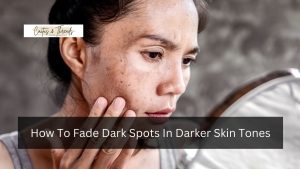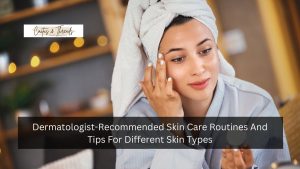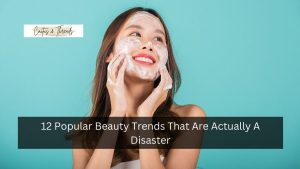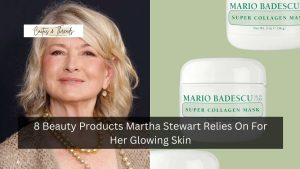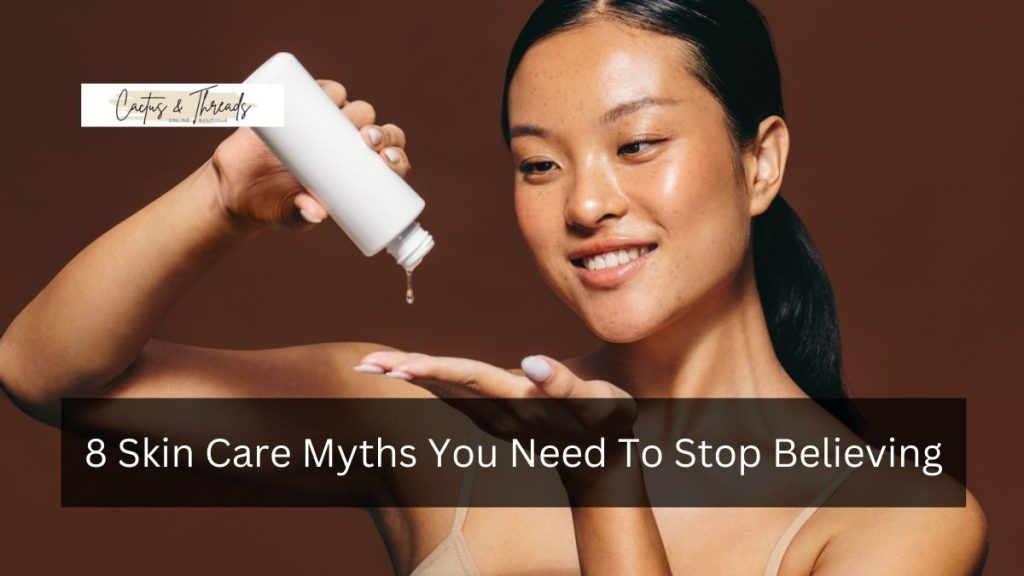
In the world of beauty and skincare, myths abound, often steering us in the wrong direction. These misconceptions can lead to ineffective routines or even damage your skin.
It’s time to separate fact from fiction. In this article, we’ll debunk eight common skincare myths and provide the truth to help you make informed decisions for a healthy, glowing complexion.
Myth 1: Oily Skin Doesn’t Need Moisturizer
The Truth:
Many believe that moisturizing oily skin adds to the greasiness, but this is far from the truth. Skipping moisturizer can cause your skin to overproduce oil, leading to breakouts and imbalance. Use lightweight, oil-free moisturizers to hydrate without clogging pores.
Myth 2: Natural Ingredients Are Always Better
The Truth:
While natural ingredients like aloe vera and green tea can benefit the skin, not all “natural” products are inherently safe or effective. Poison ivy is natural, but you wouldn’t want it on your face! Many synthetic ingredients are scientifically formulated to be safe and highly effective for skin concerns.
Myth 3: You Only Need Sunscreen on Sunny Days
The Truth:
UV rays can penetrate through clouds and windows, meaning sunscreen is essential every single day, regardless of the weather. Choose a broad-spectrum sunscreen with at least SPF 30 and reapply every two hours, even on overcast days.
Myth 4: Hot Water Cleanses Skin Better
The Truth:
Hot water can strip your skin of its natural oils, leaving it dry and irritated. Opt for lukewarm water when washing your face to maintain your skin’s natural moisture barrier and prevent unnecessary dryness.
Myth 5: Expensive Products Are Always Better
The Truth:
Price doesn’t always determine the effectiveness of a skincare product. Many affordable products are backed by solid science and deliver excellent results. Focus on ingredients and formulations that suit your skin type and concerns, rather than the brand or price tag.
Myth 6: Pores Can Open and Close
The Truth:
Pores don’t have muscles to open or close. Steam or heat can loosen dirt and oil, making pores appear more open, while cold water can temporarily reduce swelling. However, pore size is primarily determined by genetics, and while you can minimize their appearance, you cannot physically change their size.
Myth 7: Acne Only Affects Teenagers
The Truth:
Acne isn’t limited to teenagers. Many adults experience acne due to stress, hormonal changes, or improper skincare routines. Adult acne often requires tailored treatments like salicylic acid, retinoids, or professional care from a dermatologist.
Myth 8: You Should Skip Exfoliation If You Have Sensitive Skin
The Truth:
While harsh scrubs can irritate sensitive skin, gentle exfoliation is crucial to remove dead skin cells and enhance product absorption. Opt for mild chemical exfoliants containing lactic acid or polyhydroxy acids (PHAs), which are gentler on the skin.
How to Build a Fact-Based Skincare Routine
- Understand Your Skin Type:
Knowing whether your skin is oily, dry, combination, or sensitive will help you choose the right products. - Focus on Ingredients:
Look for proven ingredients like hyaluronic acid for hydration, vitamin C for brightening, and retinol for anti-aging. - Sunscreen Is Non-Negotiable:
Protect your skin daily from harmful UV rays to prevent premature aging and pigmentation. - Consistency Is Key:
Stick to a simple routine that you can follow every day. Results take time, so be patient. - Consult Professionals When Needed:
For persistent skin issues, seek advice from a dermatologist rather than relying on internet myths.
Conclusion
Skincare myths can mislead you, potentially harming your skin or delaying results. By understanding the science behind these misconceptions, you can create an effective routine tailored to your needs.
Prioritize consistency, invest in research-backed products, and consult professionals when necessary to keep your skin healthy, glowing, and myth-free.


